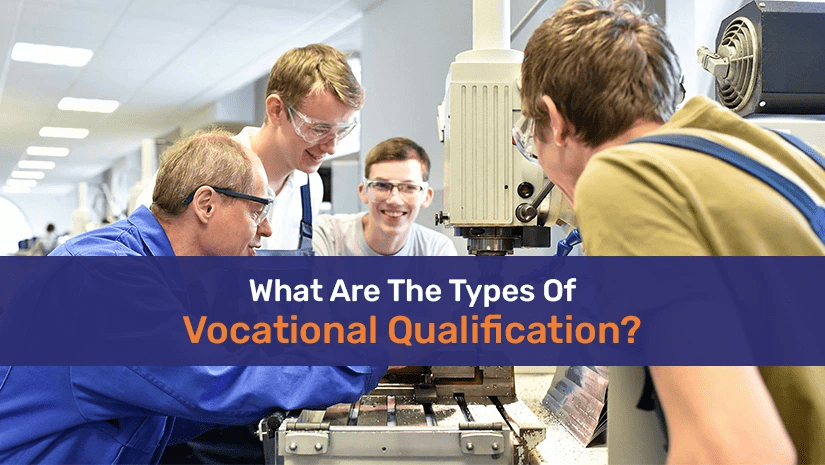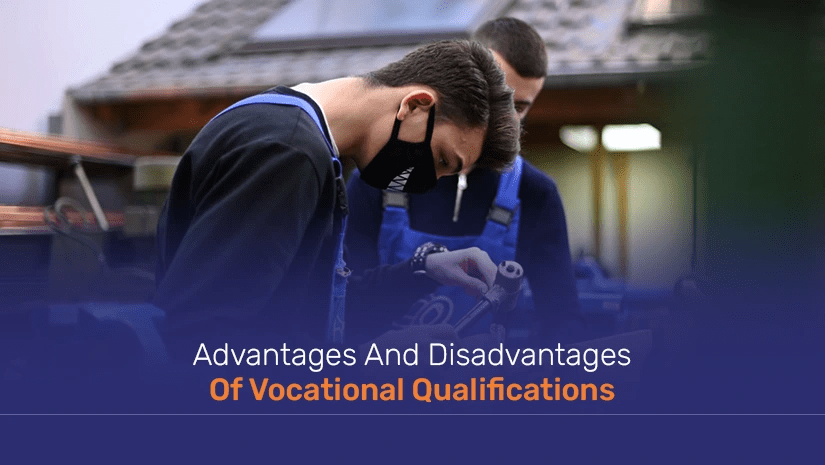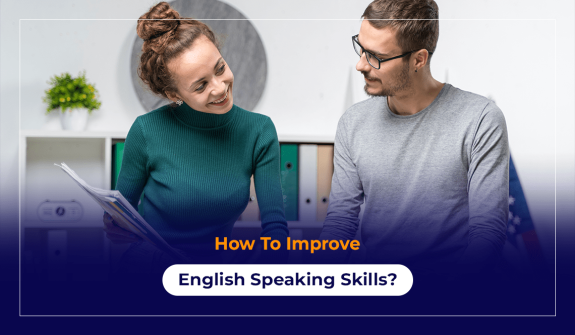
So you want to know- what are vocational qualifications? Vocational qualifications are specific work-based qualifications available for young students in different career areas. It provides learners with the skills and developments required by the National Occupational Standards or NOS.
This training program equips learners with adequate skills, knowledge, and qualifications for a particular workplace. After completion of the vocational qualification, you can join the workforce. In this article, I will show you details about vocation qualification and how it works.
Vocational qualification means practical knowledge about a specific job. The courses combine theory and practical knowledge that you will apply in your workplace. It’s designed in a way so young people can gain hands-on experiences, which they will apply to their careers.
You can start taking vocational qualifications at the early age of 14. You can do it instead of A-Levels and alongside GCSE. Some vocational option starts from age 16. If you are quite sure about your career path from an early age, vocational qualifications can be a perfect option for you.
It will provide you with the necessary skills and knowledge for your chosen career. Getting your first job and promotions will be more accessible with vocational qualifications. No problem if your vocational courses are not helpful or interesting; the courses are concise.
Apart from employment, vocational qualifications will also help you get higher studies. Some Level 3 vocational qualifications will help you earn UCAS scores, which will help you get into a university for higher studies.
Is a diploma a vocational qualification? A vocational diploma is a type of vocational qualification awarded to those students who study full-time for 2 years and fulfil the requirements.

Vocational qualifications can be of 3 types. Let's see what the different vocational qualifications are and how they differ.
Vocational subjects are general qualifications that will develop your skills and give you knowledge of your job area. You can take vocational subject qualifications in both schools and colleges.
It requires many classroom activities, and you will be accessed through written and practical examinations. Most importantly, vocational subjects represent broader employment areas like Healthcare, IT, Engineering, etc.
Vocational courses have less area of learning than subjects. They are confined to training and educating in a specific job. So, from vocational courses, you will learn specific job-related qualifications. For example, training on being an electrician or a professional cook.
Vocational courses focus on practical learning in real-life situations where the trainee might have to deal with real situations. We have many online vocational courses; you must check them out here!
Apprenticeship is learning and earning at the same time. In this setting of vocational qualification, you will learn about a job and build up your knowledge while doing the job. It will help you gain job-specific qualifications.
For an apprenticeship, an applicant must be at least 16 years of age. The duration of an apprenticeship will depend on your job setting and level.
You May Also Like the Following:
Vocational qualification courses are offered and conducted by many organizations. BTEC, or Business & Technology Education Council, has been conducting vocational qualifications for more than 30 years for business-related skill sets.
Many young students ask- is an NVQ a vocational qualification? National Vocational Qualification is focused on national occupational standards for every career option. It offers on-the-job training. Like these two organizations, many others are offering vocational qualifications.
Now, let’s look at some vocational subjects you can study. There are more than hundreds of subjects available, but here are some examples of vocational qualifications:
From the above list, you will get some idea of which subjects you can earn your vocational qualification and get jobs.

Vocational courses have some advantages and disadvantages down the line. You can study vocational subjects and courses from school, college, university, and other educational institutions offering vocational qualifications.
You can take stand-alone vocational qualifications at school or combine them with GCSEs or A-Levels. However, many colleges exclusively offer vocational qualifications and have link-ups with local businesses.
Here are some advantages of vocational qualifications:
Now, here are some disadvantages of vocational qualifications:
A vocational course is a training program designed to equip individuals with specific skills and knowledge required for a particular profession or trade. These courses focus on practical, hands-on learning to prepare students for the workforce.
Vocational qualification means specific work-related skills and qualifications. They are mainly designed to give learners practical knowledge about their jobs. In the UK, vocational qualifications have many levels and are offered by many institutions. You can solely do vocational training or mix it with your GCSE or A-Levels.
NVQ offers the national vocational qualification and strictly evolves around national occupational standards. So, to earn a national vocational qualification, you must prove that you have earned skills and expertise in your work-related tasks. You will have to be good at both academic and practical knowledge.
There are 8 levels of education in the UK. Level 5 vocational qualifications are higher levels of vocational qualification—for example, DipHE, HND, etc.
Vocational qualifications are spread over all the sectors in a country. You will find people with vocational training in business, accounting, hospitality, plumbing, cooking, and every other area.
Vocational GCSE is when students combine vocational and vocational training and GCSE courses. Generally, students take 9 GCSEs along with their vocational subjects or courses in vocational GCSE.
Yes, a diploma is often considered a vocational qualification as it provides practical skills and knowledge for a specific job or career field.
No, a degree is typically not considered a vocational qualification. It offers broader education and may not focus solely on practical job skills.
This write-up will give a clear idea to those who want to know- "what are vocational qualifications." With vocational qualifications, students will be able to get jobs at an early age. They can take higher vocational qualifications and advance their careers down the road.

July 22 2025

February 25 2024

February 25 2024

February 25 2024

 Dr. Shafiq
Dr. Shafiq
 February 25 2024
February 25 2024
 05:40:00
05:40:00
Do you have a career plan in a Senior Care or Supervisory Care position? If so, a Level 3 Diploma will help...
Read more...
 Dr. Shafiq
Dr. Shafiq
 February 25 2024
February 25 2024
 05:43:00
05:43:00
If you are living in the UK or planning to do that, you must know about the education system there. The UK&...
Read more...
 Dr. Shafiq
Dr. Shafiq
 February 25 2024
February 25 2024
 05:50:00
05:50:00
In the recent past, you had to have a four-year bachelor’s degree to start a career. With the rapid c...
Read more...